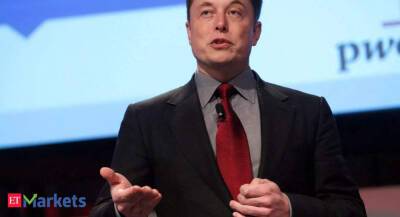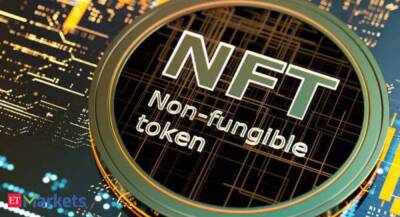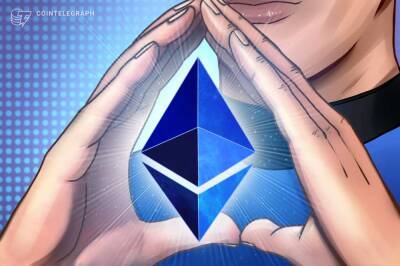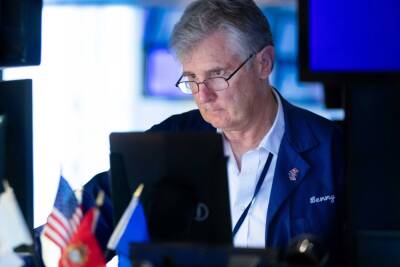Andreessen's Dixon Spies Riches in Web3. Others See Rubbish
A handful of venture capital firms own most of the web3 market
For Andreessen Horowitz's Chris Dixon, there are billions of dollars at stake in the blockchain-based future of the internet known as web3. But even as the venture capitalist charms his investors with dreams of what this next stage could bring, his vision relies on an untested premise — chiefly, the presumption that if you build it, everyone will come. Will they, though?
If the first version of the internet was read-only, and the second allowed us to upload our everyday lives to MySpace and Facebook, web3 is where we get to own those outcomes and take them with us. Instead of the tech giants making money from your data, proponents like Dixon believe in decentralizing their power via blockchain networks: Everyone gets a share of the prize, everyone gets a say in how it's run, and it's all written down publicly so nobody can quibble.
It sounds like progress, and yet even in infancy, this digital utopian plan has faced criticism for not achieving its goal. Major crypto and blockchain-based companies like Coinbase Global Inc. and OpenSea already claim massive market share, poised to become the next Meta Platforms Inc. and Alphabet Inc. Meanwhile, as Twitter Inc. co-founder and Bitcoin advocate Jack Dorsey has pointed out, a handful of venture capital firms own most of the web3 market. Andreessen, also known as a16z, is at the top of the list.
Read more on ndtv.com


 ndtv.com
ndtv.com














